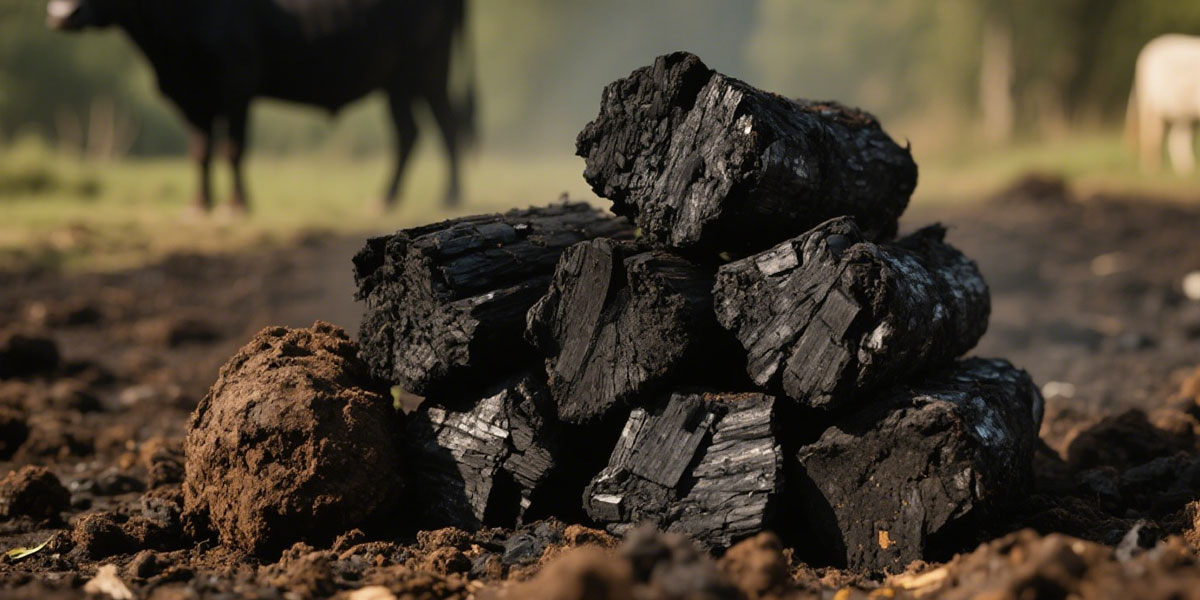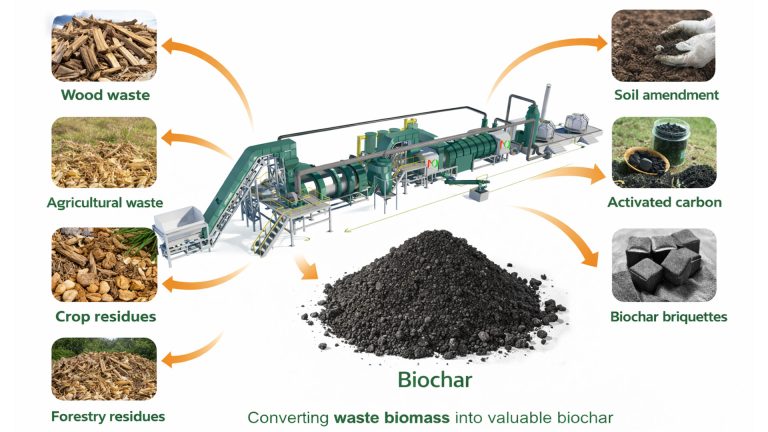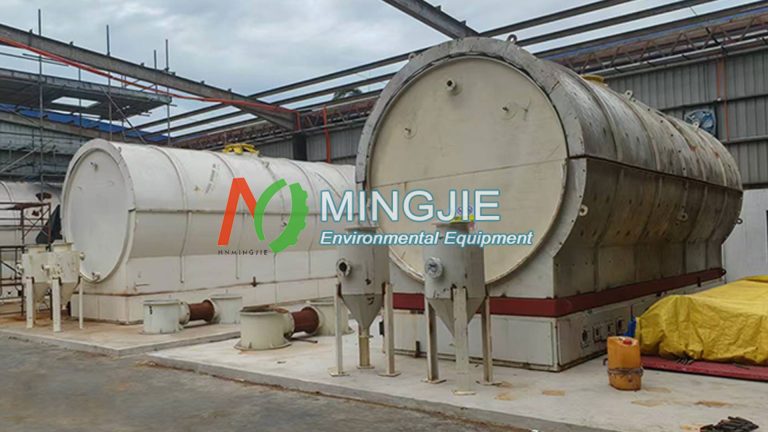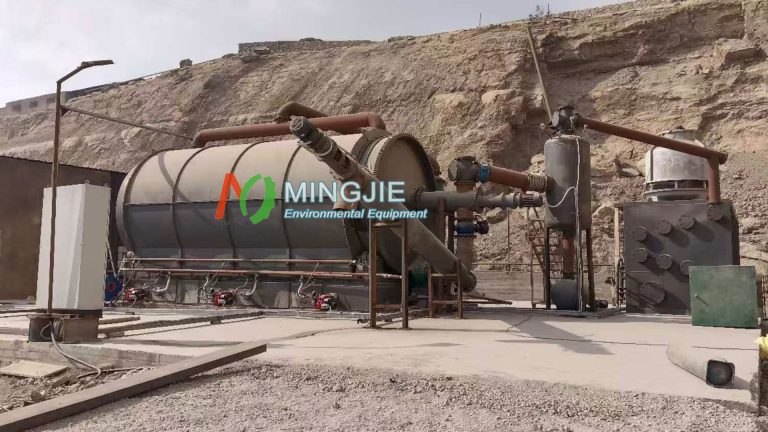The charcoal making machine can efficiently convert cow dung into biochar through continuous pyrolysis carbonization. The cow dung charcoal is rich in nutrients, such as phosphorus and potassium, making it a valuable soil fertilizer.
Pyrolysis technology involves using high temperatures in an oxygen-free or low-oxygen environment to decompose and transform the organic matter in cow dung. Furthermore, high temperatures eliminate pathogenic microorganisms and organic micropollutants in animal manure.
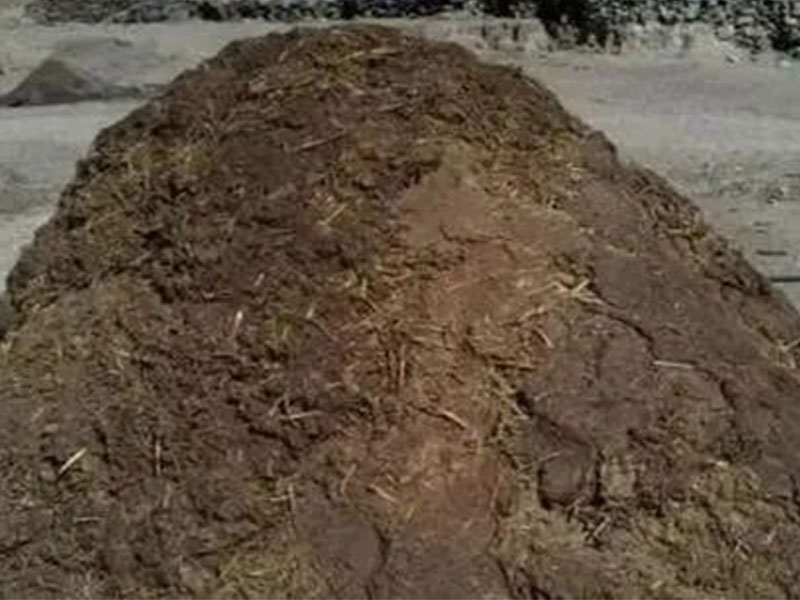
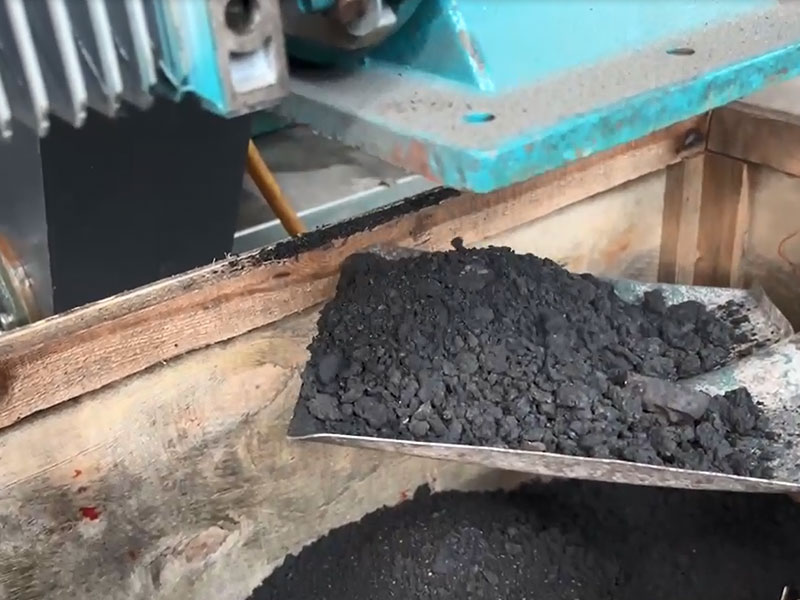
Challenge of Cow Manure Disposal
With the booming livestock industry, cattle farms are expanding, and the amount of manure produced is also increasing. Efficient and safe resource-based treatment of manure has become a major challenge for cattle farming operations.
From an environmental perspective, the primary concern with indiscriminate manure storage is the unpleasant odor. Manure contains a large amount of organic matter. Microbial decomposition produces strongly irritating gases such as ammonia, hydrogen sulfide, and methyl mercaptan. These foul-smelling gases not only significantly degrade surrounding air quality, but also pose a health risk to humans, causing respiratory problems and eye discomfort.
Manure accumulation also consumes valuable land resources. As the amount of manure continues to grow, cattle farms are forced to dedicate large areas to store it. This is undoubtedly a significant waste of land in today’s increasingly scarce land resources.
Cow Manure Disposal Methods
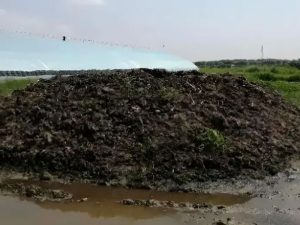
Traditional Manure Disposal Methods
Traditional manure disposal methods, such as direct return to the field or simple composting, also have numerous drawbacks.
If cow dung is not fully composted when directly returned to the fields, it can contain numerous pathogens, parasite eggs, and weed seeds. These can enter the soil, spreading crop pests and diseases and impacting the quality and yield of agricultural products. Furthermore, as untreated cow dung decomposes in the soil, it depletes oxygen, generating high temperatures that can burn crop roots.
While simple composting can reduce harmful substances in cow dung to a certain extent, it also produces an unpleasant odor during the composting process. Furthermore, composting is inefficient and takes a long time to complete, making it unsuitable for large-scale cow dung treatment.
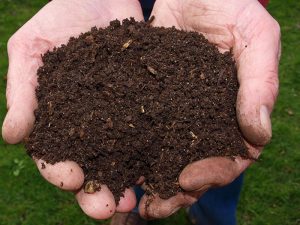
Cow Manure Pyrolysis Carbonization
Biomass carbonization plants can address the potential hazards of using cow manure as fertilizer. They carbonize manure at high temperatures (500-700°C) in the absence of oxygen. This thoroughly decomposes pathogens and antibiotics while also diluting and inactivating harmful heavy metals, keeping them within acceptable limits. Biomass carbonization equipment also preserves nutrients in manure within the Cow Dung Charcoal.
In terms of resource utilization, cow dung represents a potentially valuable resource, but traditional treatment methods have failed to fully tap its potential. Rich in nutrients such as nitrogen, phosphorus, and potassium, cow dung is a high-quality organic fertilizer. It also contains a significant amount of biomass energy, which can be converted into energy with appropriate technology.
Due to the limitations of traditional treatment methods, much of the energy in cow dung is wasted and not effectively utilized. Pyrolysis carbonization solves the challenge of safely utilizing livestock manure as a resource, providing a new treatment path for the development of livestock farming enterprises.
Cow Dung Charcoal Making Machine
The biochar production equipment eliminates the environmental pollution caused by cow dung and transforms waste into biochar.

The cow dung charcoal making machine primarily comprises a closed automatic feeding system, an oxygen-free carbonization system, a biochar removal system, a waste heat recovery system, a flue gas purification system, and a control system.
The biochar production equipment features continuous feeding and discharging, high efficiency and cleanliness, and its flue gas purification meets environmental standards without causing any pollution. It can be designed with remote control, ensuring low operating costs.
Benefits of Cow Dung Charcoal
Biochar produced by cow dung charcoal machines is a black, porous solid material with a unique structure and properties. It demonstrates outstanding performance in soil improvement and environmental protection.
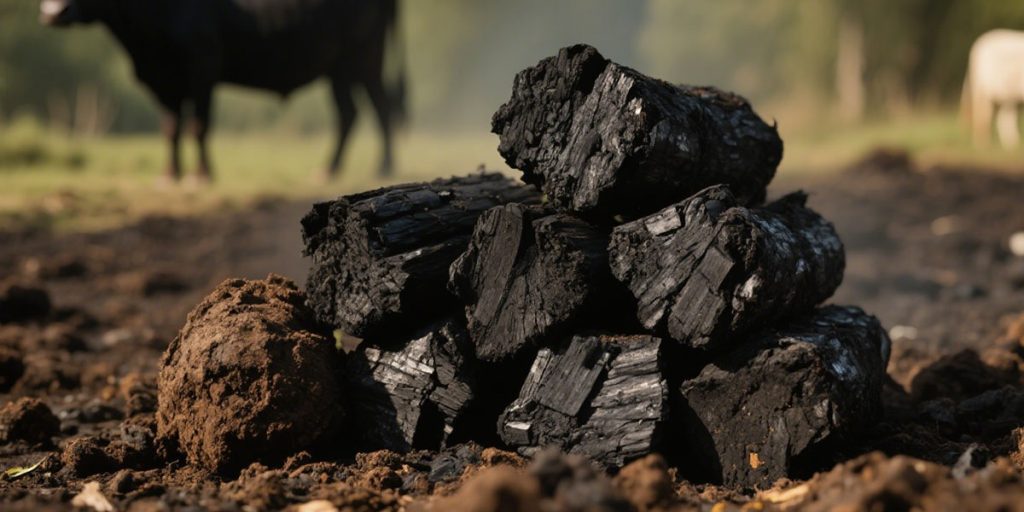
In terms of soil improvement, cow dung charcoal has the remarkable ability to improve soil fertility. Rich in carbon, it possesses a large surface area and a rich pore structure. These properties enable it to absorb nutrients such as nitrogen, phosphorus, and potassium from the soil like a sponge, reducing nutrient loss and improving soil nutrient retention.
Furthermore, cow manure as charcoal contains various functional groups on its surface that react chemically with minerals and organic matter in the soil. This promotes the release and conversion of nutrients, making them more readily available for plant absorption and utilization.
Cow dung charcoal also improves soil structure, enhancing aeration and water retention. It fills the gaps between soil particles, making the soil more porous. For heavy clay soils, adding biochar can increase aeration by 30%-40% and water retention by 20%-30%. It effectively improves the growth environment for plant roots, promoting their development and growth.
Beyond its agricultural applications, cow dung charcoal also plays an important role in environmental protection. It possesses strong adsorption properties, capable of absorbing pollutants in soil and water, such as heavy metal ions and organic pollutants.

